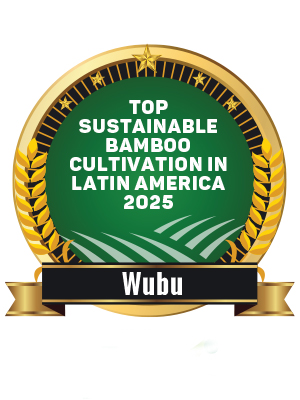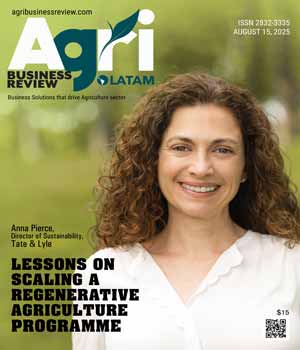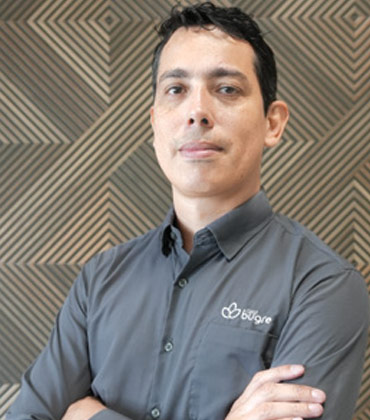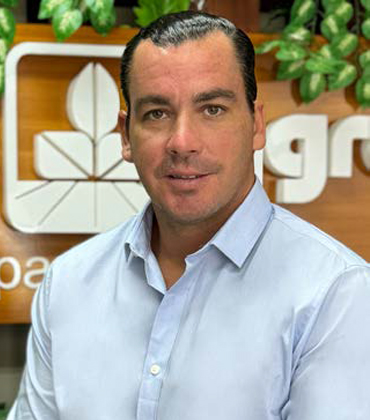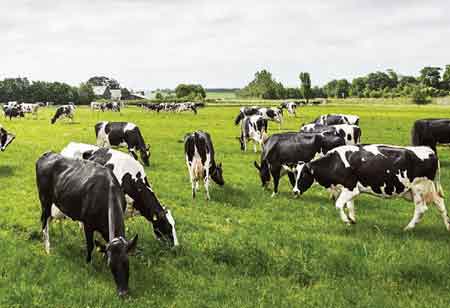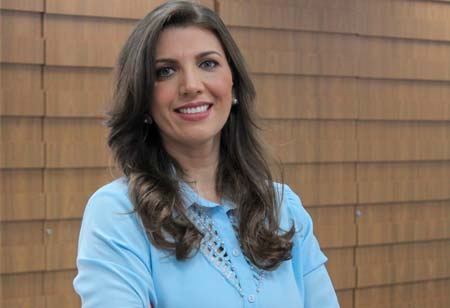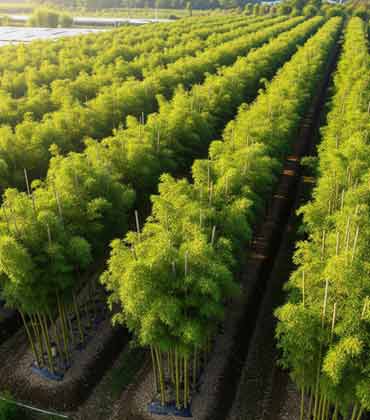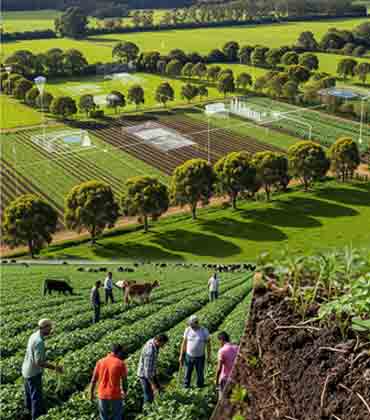Thank you for Subscribing to Agri Business Review Weekly Brief
Agri Business Review: Specials Magazine
Drivers behind climate action in food and drink Most leading food and drink producers, when building out their sustainability strategies, recognize that reducing greenhouse gas emissions from their supply chain (Scope 3 emissions) and safeguarding precious natural resources will make the biggest positive impact. Their ability to meet the high environmental standards increasingly demanded by their consumers, employees and investors, alongside regulatory bodies, is, in no small part, contingent on their supplier's understanding and reducing their environmental impact. The need for supply chain transparency and collaboration has never been greater, nor have the expectations of companies been higher. The role of the ingredient supplier For Tate & Lyle, as a leading ingredient solutions provider, partnering with our customers isn’t just about meeting their ingredient needs, but also enabling them to be successful in their climate ambitions. As a supplier, we play a key role in co
Top Sustainable Bamboo Cultivation in Latin America 2025
The bamboo industry is one of the most exciting frontiers in sustainable business. With its rapid growth, versatility, and eco-friendly appeal, it attracts entrepreneurs eager to make an impact. But good intentions aren’t enough. With over 1,800 species of bamboo—each suited to specific uses—success depends on pairing the right plant with the right product. Too often, people leap in driven by passion but lacking two essentials: a solid grasp of business and a working knowledge of bamboo itself. Without both, the risk of failure skyrockets—and what started as a green dream can quickly become a costly lesson. Wubu was created to address this exact challenge. Its mission is to guide and empower bamboo ventures with the expertise needed to succeed. Covering the entire bamboo value chain—from land selection to export—it specializes in helping clients establish and optimize bamboo plantations and processing units to create sustainable, market-ready products. By offering hands-on guidance on planting techniques, crop care, and plantation management, Wubu ensures high yields in minimal time. Every recommendation—species selection, field layout, maintenance routines—is tailored to the client’s specific environment, resources, and goals. Plantation size is matched to product type, and processing systems are structured to ensure economic viability from the start. Wubu also helps clients pinpoint the exact end use of their bamboo—whether in construction, textiles, energy, or other applications—and then crafts a cultivation and processing strategy around that. For those still weighing their options, the company offers market insights and product guidance to identify the most promising paths forward. “At Wubu, bamboo isn’t just a crop—it’s the backbone of a transformative business model. Our team brings deep expertise in cultivating bamboo and unlocking its full economic potential. From sustainable farming to producing premium, export-ready products, we’ve built an end-to-end system that turns bamboo into global opportunity,” says Juan Pablo Martínez M., CEO. Spanning Latin America—from Mexico and Colombia to Argentina and El Salvador—Wubu advises and develops bamboo projects with a broader vision to restore ecosystems, empower rural communities, and drive long-term sustainability. Its innovative and holistic approach begins with thorough analysis—studying the land, assessing the climate, and identifying bamboo species that will both thrive and meet market demand. Leveraging a key partnership with India’s leading bamboo machinery manufacturer, the company designs and supplies custom processing facilities tailored to each client’s bamboo species and product goals. Beyond cultivation and processing, Wubu sources premium bamboo genetics, establishes plantations worldwide, trains local teams, and connects clients to viable markets. For those without buyers, the company provides access to its own international client network..
Vegetable Seed Importer and Distributor in Latin America 2025
Casa Bugre was established 42 years ago as a vegetable seed dealer. In 1992, the company forged a pivotal partnership with the renowned Seminis brand, now a part of Bayer. Since then, the company has maintained a robust relationship with Seminis and grown into a top technology dissemination platform for agribusiness. Geographically, its initial focus was limited to the countryside of São Paulo state. It has now expanded to cover all of São Paulo and Rio de Janeiro with its high-quality vegetable seed varieties, Seminis. Last year, the company also joined forces with East-West Seeds, which breeds and produces high-quality vegetable seeds for tropical conditions. This extended Casa Bugre’s presence in Goiás, Tocantins, Maranhão Mato Grosso do Sul e Pará. “From our humble beginnings with just two field professionals, we closed 2023 with a team of over 50, spanning sales, technical, market development, and other areas,” says Flavio Maia, the CEO of Casa Bugre. Casa Bugre attributes its success and sustainable growth to differentiated service, provided by highly skilled technicians, as well as to the proximity and genuine interest in the rural producer. Instead of focusing on the seeds’ genetics, the company considers other factors that affect productivity. The main challenge is helping producers realize the full genetic potential of the seeds to cultivate better, more effective, profitable, and sustainable crops. Its portfolio extends beyond seeds as Casa Bugre provides specialized fertilizers, biostimulants, adjuvants, biologicals, and nanotechnology. Recognizing the challenges posed by climate change, soil degradation due to intensive use, and the emergence of new diseases, Casa Bugre also assists producers with the best practices to harness the potential of genetics fully. The company shares new technologies and best practices, aiming for a more sustainable and profitable mode of production.
Agrochemical in Latin America 2025
Farmagro is a leader in the Latin American agricultural market, committed to serving farmers of all sizes and capabilities. From providing high-quality seeds to timely technical assistance, it supports clients throughout the cycle of cultivation without compromising on the quality of the products and services. “We collaborate with the best suppliers worldwide and follow an inclusive business model to help our clients navigate any problems they face,” says Christian Seiler, general manager of Farmagro. The inclusive model takes into account multiple challenges faced by clients during the agricultural cycle, including climate change and inconsistent prices. Withstanding adverse climatic conditions requires top-quality, robust seed varieties. Farmagro starts with extensive research. Every seed variety of corn and rice is carefully chosen by its team to ensure high yield in environments specific to Latin America, especially Ecuador. Partnering with some of the most successful research and development companies helps it offer products that ensure exceptional results in all growing conditions. One example is its partnership with Advanta Seeds, which ensures the reliability of its products, multiplication capabilities and adaptability to the Ecuadorian climate. It also sources hybrid corn seeds from Thailand, which has climatic conditions similar to that of Ecuador. The sourced hybrid corn seeds meet the requirements of the local market in terms of color, texture and yield and can be used in the production of balanced foods. These products are complemented by its superior phytosanitary and plant nutrition products along with machinery for application. The phytosanitary products help farmers effectively deal with fungal infections and other infestations caused by the region’s tropical wet climate. The application of the products is optimized by using Farmagro’s spraying machinery.
CXO INSIGHTS

Cultivating a greener future: Grupo Solave's Environmental Commitment
Axel Mederos Suarez, Environmental sustainability Chief, Grupo Solave
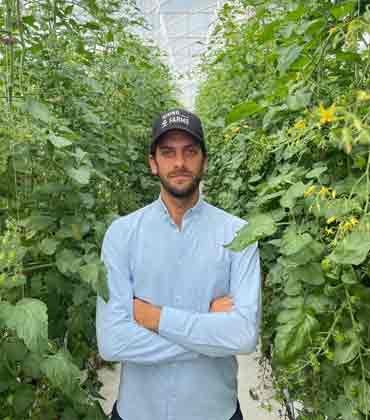
What does Mexican agriculture need to truly exploit its potential in international markets?
Mauricio Ricaud, Founder & CEO, Rising Farms

Innovation as a key factor for Development of Specialty Products in Fish Aquaculture Rendering
Christopher Holmes, Research and Development Manager, Fiordo Austral
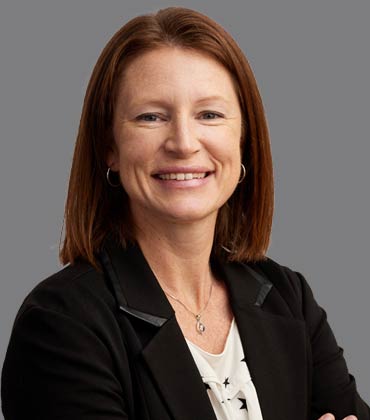
Driving Innovation and Sustainability in Poultry Nutrition
Stacey Roberts, Ph.D., Director of Nutrition, Versova

Using Malt Extract for Better Texture and Shelf-Life for Hamburger Buns
Natalia Ribeiro Vieira, R&D Applications Analyst, and Daniela Valim Hatano, B2B R&D and Innovation Manager, and Federico Alfredo Kladt, R&D&I Director, Lithotechnics
IN FOCUS
The Multifaceted Value of Bamboo in Latin America's Circular Economy
Latin America is harnessing sustainable bamboo cultivation, which boosts economic growth and environmental health while promoting rural development and resilience against climate change.
Carbon Farming and the Future of Regenerative Agri-Business in Latin America
Latin America is emerging as a leader in sustainable agriculture through carbon farming and regenerative practices, thereby enhancing environmental health and economic prosperity while addressing climate change.
EDITORIAL
Sustainable Bamboo Cultivation and the Regenerative Future of Agribusiness
With its fast growth cycle, high carbon capture capacity, and wide-ranging applications—from construction and textiles to bioenergy and packaging—bamboo is redefining what sustainable agriculture can look like. More than just a crop, it is becoming a model for inclusive, low-impact development. Farmers, entrepreneurs, and policymakers alike are recognizing its potential to restore degraded land, create rural employment, strengthen biodiversity, and unlock new export markets especially when paired with native species and agroforestry principles.
This edition explores how bamboo is being cultivated, processed, and integrated into regenerative value chains across the region. From species selection and smart field design to localized processing and export readiness, producers are building scalable systems that align profitability with ecological stewardship. Whether destined for construction or carbon credit markets, bamboo is proving that regenerative agriculture can be both productive and profitable.
Also featured in this issue, Arysson Souza Pires, Operations Director at Sooro Renner, discusses balancing tradition and innovation in dairy plant management to achieve sustainable growth through operational discipline and long-term process optimization. Tamara Lopes, Corporate Executive Sustainability Manager at Minerva Foods, explores technology and innovation in livestock supply chain management, highlighting the use of traceability tools to enhance environmental accountability while supporting productivity.
And there’s much more from industry leaders across the region, offering practical insights and proven strategies to help agribusinesses operate smarter, grow sustainably, and compete on a global scale.

